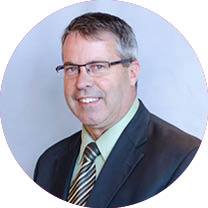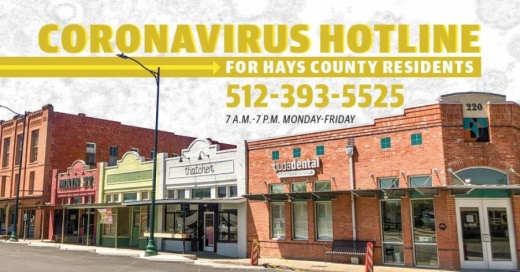Schneider said if the person who has tested positive has only had contact with family and been to a couple public places for groceries and errands, the contact tracing ends there.
“It is well known that we have community spreading of COVID-19, so issuing an alert every time someone mentions a specific public place would not be useful,” he wrote. “For instance, grocery stores comprise about 95 percent of the public places COVID-19 patients say they have been to.”
Schneider goes on to explain in the release how contract tracing works in Hays County.
“If a member of the public contacts the Local Health Department and believes they have COVID-19 but are self-isolating and do not want to be tested, a representative will ask them about close contacts they had beginning 14 days prior to symptom onset. If they do not know of an exposure that occurred with a laboratory-confirmed case, then they are asked to notify their friends and family they have been in contact with and inform them to monitor for COVID-19 symptoms. This self-monitoring should be sustained for 14 days starting at the last contact date with the suspected COVID-19 individual.
“If a member of the public tests positive, a representative will contact the patient and start the contact tracing in the same way (14 days prior to symptom onset.)," Schneider said in the release. "Most people have self-quarantined for 2 weeks by now, so they have only been around household family and conducted some errands out in public. That makes it difficult to determine where they contracted COVID-19. However, if the individual provides names and phone numbers of persons that they have been around within the 14-day period, those persons are contacted. These contacts are interviewed for COVID-19 symptoms and informed that they may have been exposed to the virus. They are also asked if they have had any close contact with lab-confirmed COVID-19 cases that they are aware of.”
Schneider also said for any coronavirus-positive patient who is a health care provider or first responder, the contact tracing is much more in depth.
“The vulnerable populations these professionals interact with require the utmost protection,” Schneider said in the release.





